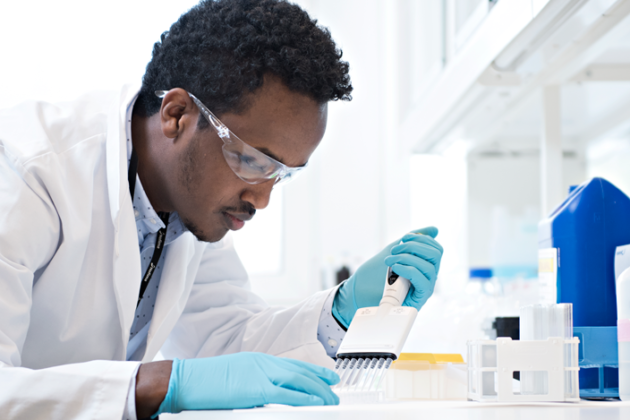PepFishing
Protein hydrolysates against diabetes

The main goal of the project is to develope a technology that enables facilitated discovery of health promoting peptides from protein-rich industrial byproducts.
Start
01. Jul 2018
End
07. Sep 2020
Funded by
The Research Council of Norway
Cooperation
University of Copenhagen (Denmark), National Institute of Health (USA), Tine and Nortura
Project Manager(s):
Protein concentrates and hydrolysates from industrial by-products are valuable sources of micro- and macromolecules of both nutritional and pharmaceutical interest. Peptides (short chains of amino acids) recovered from by-products are one of the valuable molecules with proven positive health effect in management of diabetes and obesity. However, the complexity of protein hydrolysates poses a significant challenge in detection and discovery of the bioactive peptides.
Goal and technology
The current project aims at developing a technology that enables facilitated discovery of health promoting peptides from protein-rich industrial byproducts.
The technology will be based on novel combination of (i) Fourier-transform infrared (FTIR) spectroscopy-based rapid screening and (ii) advanced biochemical detection technologies based on ligand fishing and high-resolution bioassays.
International collaboration
This technology will be used to screen protein hydrolysates from poultry and dairy processing byproducts for potential anti-diabetic and anti-obesity peptides.
Led by Nofima (Norway) as the host, the project will also involve two international partners from University of Copenhagen (Denmark) and National Institute of Health (USA). A collaboration with Tine SA (Norway) and Norillia (Norway) will provide access to a wide range of protein-rich by-products from dairy and poultry processing, respectively.
Both the need to develop bioactive food ingredients for management of diabetes and the urge for creating value for food processing by-products makes the proposed research an intriguing and relevant task.